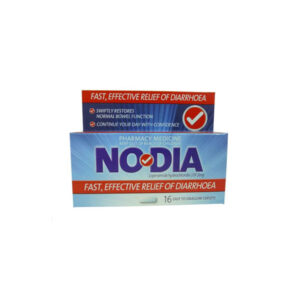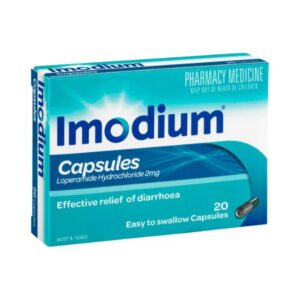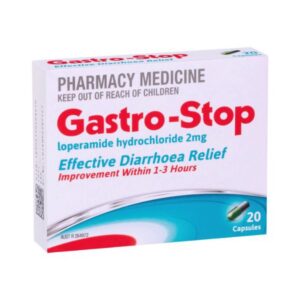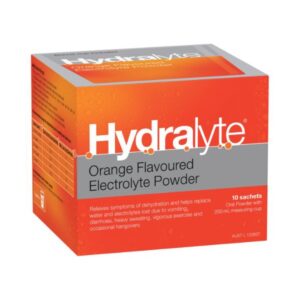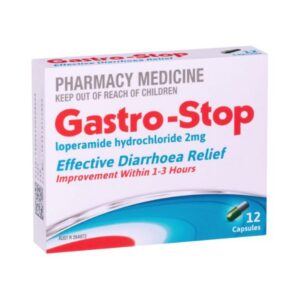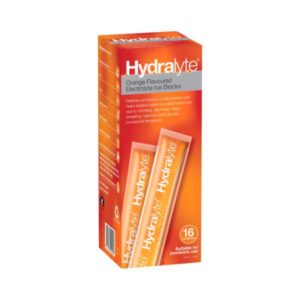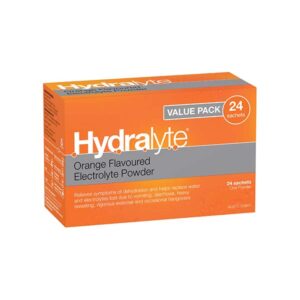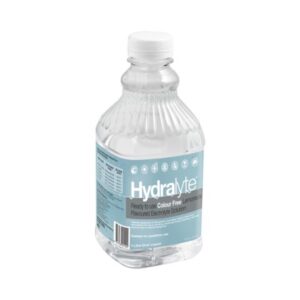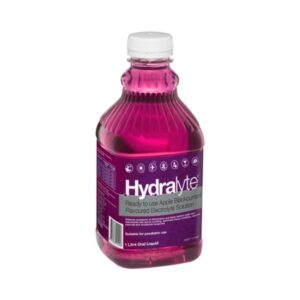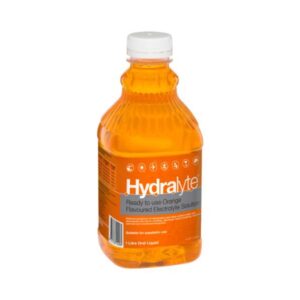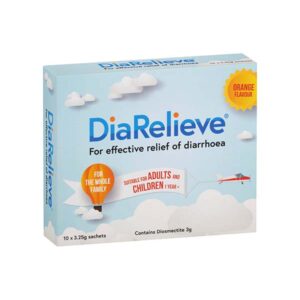Acute Diarrhoea is not a disease itself but a symptom that can have many possible causes.
Experiencing diarrhoea can be very unpleasant and can cause the body to lose a lot of fluid and dehydrate.
It is characterized by strong urges to go to the toilet multiple times throughout the day and frequent loose, watery stools.
It’s very common in both adults and children.
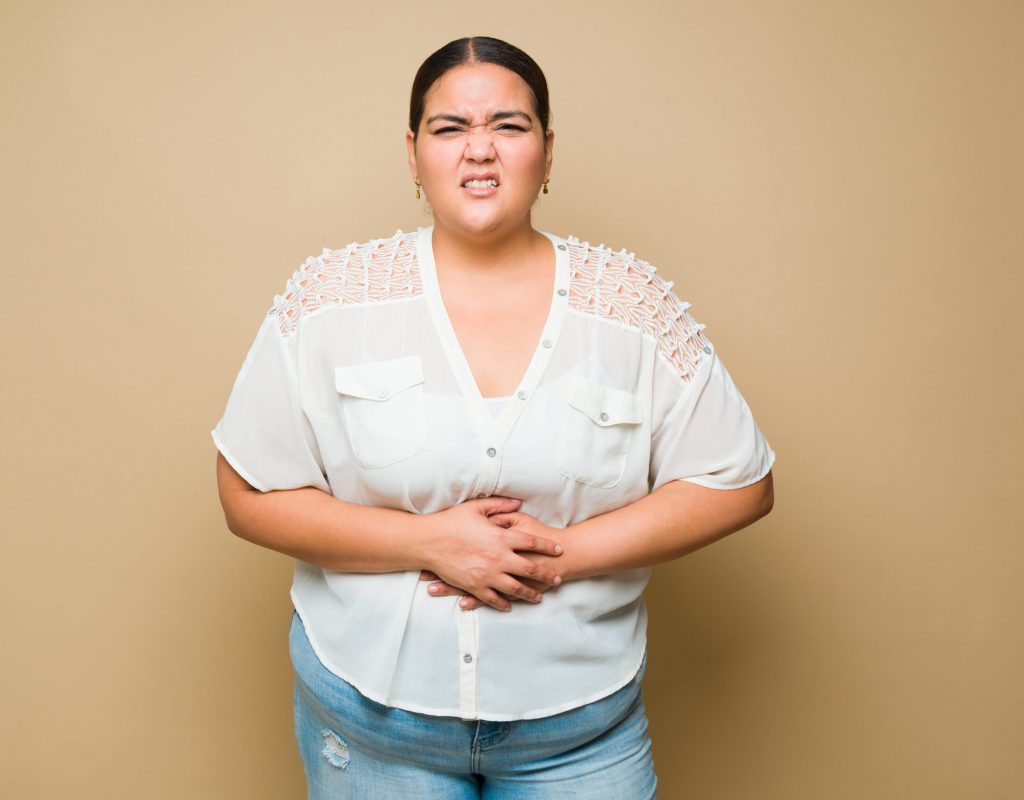
Acute diarrhoea (coming on quickly and severely) is usually caused by gut infections which lead to gastroenteritis (gastro).
Acute diarrhoea will last for less than 2 weeks.
Viral infections: most cases of ‘gastro’ are caused by viral infections. This could include rotavirus, norovirus, and viral gastroenteritis. Rotavirus is the most common cause of acute diarrhoea globally, causing around 40% of hospitalizations in children under 5 years old.
Bacterial infections: many of us have had the uncomfortable experience of food ‘poisoning’. Eating food contaminated with bacteria (e.g. Salmonella and E. coli) can lead to diarrhoea 12-48 hours after. Milk and chicken can be of particular risk if preparation or storage are inadequate.
Other Causes: acute diarrhoea can also be caused by food intolerances, high alcohol consumption, or an adverse reaction to certain medicines. If diarrhoea continues for more than 2 weeks it may be a symptom of conditions such as irritable bowel syndrome (IBS), inflammatory bowel disease (IBD), or celiac disease.
There are many different symptoms of diarrhoea beyond frequent loose, watery stools. What ones you experience depend on the cause. Common symptoms can include:
The symptoms of diarrhoea will often leave you feeling tired, weak, and unwell.
The main risk from diarrhoea is dehydration. This is because diarrhoea can cause you to lose more body fluids than you take in. This is especially relevant for those who are more at risk e.g. babies, young children, and the elderly. The symptoms of dehydration include:
Rehydration
The most important treatment of diarrhoea is preventing dehydration and replacing lost fluids.
Medicines
Acute diarrhoea will stop on its own in under 2 weeks. However, experiencing these symptoms can be disruptive and uncomfortable. Medicines are available to control diarrhoea in the short-term for those over 12 years old. These medicines can be taken alongside oral rehydration solutions to provide relief by:
If someone close to you has ‘gastro’ you must be mindful that it spreads very easily through hand-to-mouth contact after touching contaminated surfaces, or from contaminated food.
To help prevent the spread of diarrhoea:
